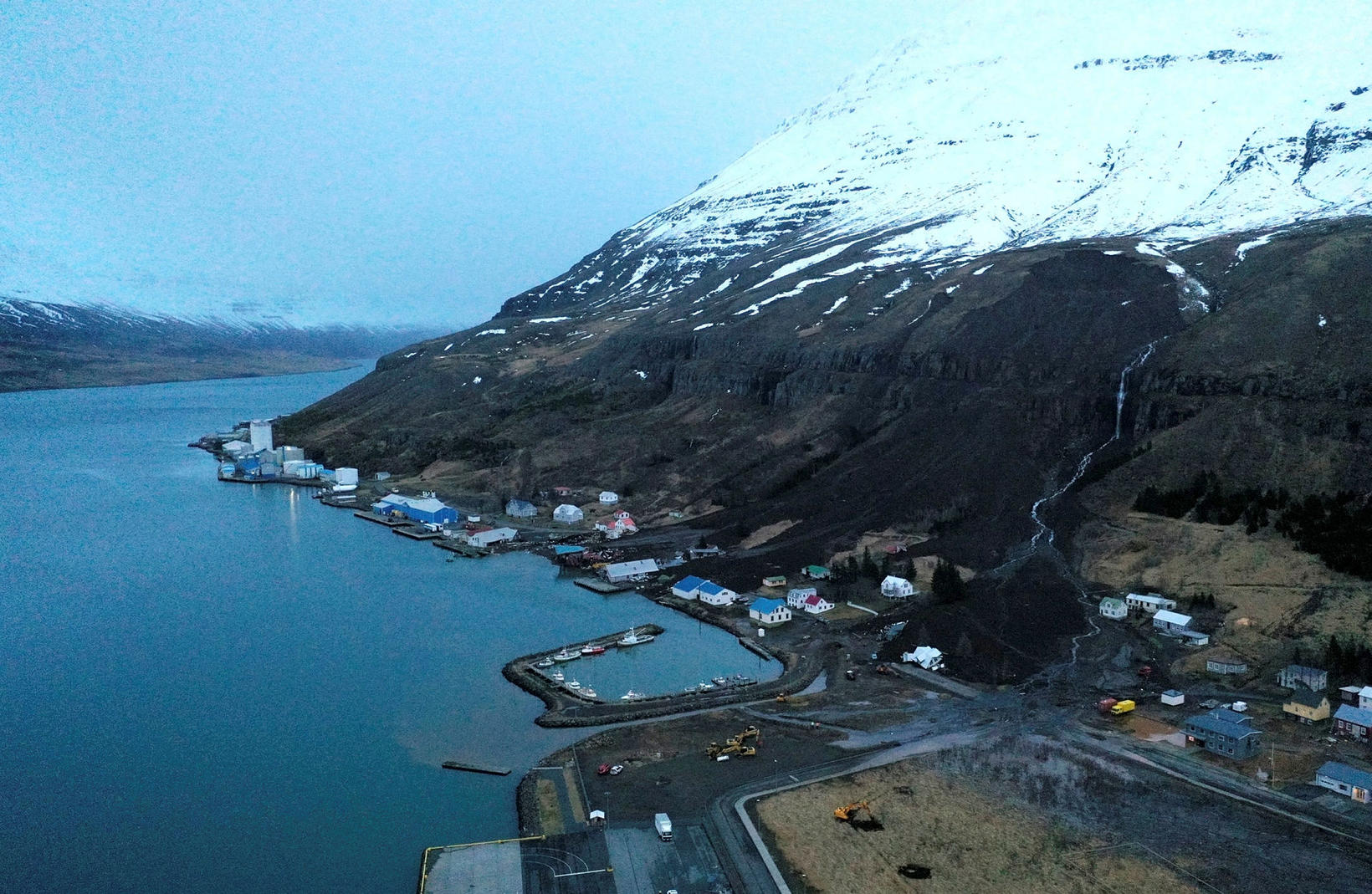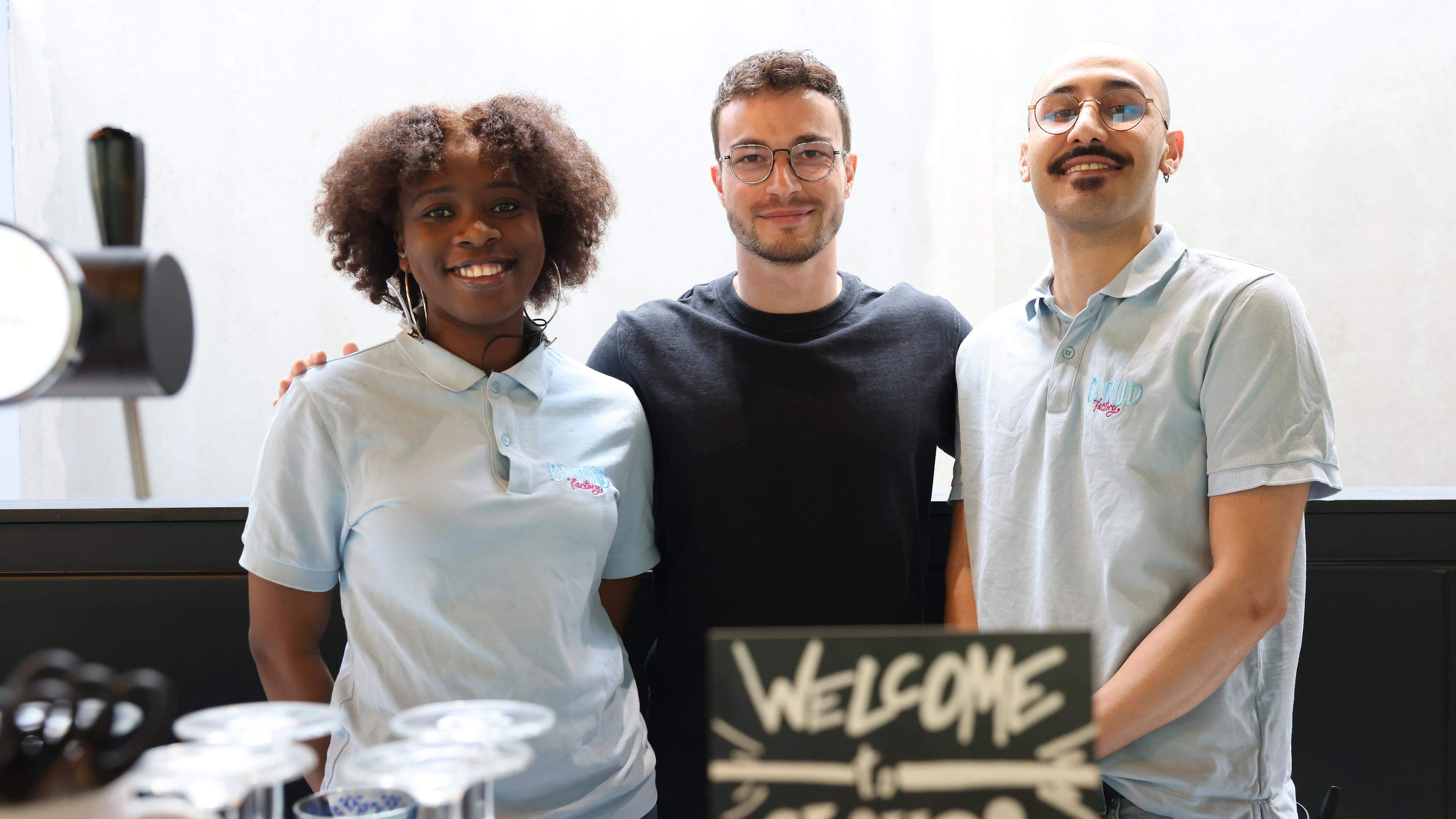Does you create art or just useless digital noise

Overproduction is not just a technological phenomenon – it is both a cultural and ethical dilemma. You can be a powerful tool, but only if we direct it to create meaning, not volume. History teaches us that real progress is in the ideas that change the world, not in the data that floods it … Without awareness, we risk sinking into the digital ocean where the originality is forgotten, and the meaning is sacrificed in the endless murmur of overproduction!
(« Everything is a copy of a copy. » – « Fight Club »)
We live in an era of unprecedented data production. About 400 million terabytes are generated in the world daily – or 0.4 Zetabytes. By comparison – in all human history before 2007, 0.28 SB data were created! In fact, 99.8 percent of all information in human history has been created since 2007. This means that the era of cuneiform boards to social media – left only 0.2 percent of the quantity of data. This overproduction, fueled by the digital revolution and the blast of artificial intelligence (AI), raises the question: Does the sea of data illuminate us with knowledge or drowns us in insignificance, redundancy and howphony?
To understand the overproduction of data in modern times, we must go back. The prudigital era, which covers millennia human history, was a time of slow but deep creation.
From the first written texts in Mesopotamia (about 3000 BE) to the Renaissance, the information was created with great labor. One work – as Dante’s « Divine Comedy » or Euclid’s « elements » – could have shaped the world for centuries. Aristotle’s influence in Europe has felt 1,000 years, and Newton ruled science for 200 years … If we try to quantify this and turn it into information, the result is: If the whole « pre-digital history » were digitized, it would only take 10-20 terabytes. By comparison, a modern open-world game weighs about 100-200 gigabytes, which means 100 such games are equal to overall human historical production.
The early digital era (1950-2007) marked the first jump. With the emergence of computers in the mid -20th century, the data began to accumulate in gigabytes, then in terabytes. The Internet, born in 1989, became massive in the 1990s, linking 361 million users by 2000. By 2007, the global volume reached 0.28 zetabytes. This was a period of innovation – from the first operating systems to World Wide Webb – but the volume still remained modest to today’s standards.
The second big jump came between 2007 and 2010. The launch of the iPhone in 2007 put the cameras and the Internet in the pockets of millions, while social networks – YouTube (2005), Facebook (2004), Twitter (2006) – Democratizing the creation of content. People began to generate photos, videos and texts at unprecedented speed. Cloud technologies, such as Amazon AVS (2006), have enabled storage of this data. By 2010, daily creation began to be measured in Exabytes.
The third wave (2015-2020) has accelerated this trend.
VIDEOS-Netflix, YouTube, and later Tiktok (2016)-It became dominant, making up 50-80 percent of internet traffic by 2020. The volume jumped from 10 zetabytes in 2015 to 59 Zetabyti in 2020. Finally, from 2020 to 2025, pandemic, 5G networks and gave you growth to the top, with a predicted 175-181 Zetabytes by the end of 2025, according to the International Date Corporation.
Artificial intelligence is the key driver of this last wave. After 2020, the General Vi-Modeli-Fetgot, Dal-e, Midnieri-began to produce texts, pictures and videos with speed that the human mind cannot follow. According to estimates, AI-generated content already comprises a significant portion of the online space and threaten to destroy it! But here lies the problem: you do not create anything real new. It is a replicator, not the creator. Trained on huge bases of existing data, artificial intelligence recombinates templates.
This reproductive nature of you reinforces your overproduction, but at the expense of originality. Social networks, operated by Vi-Algorithms, flood the world with content: 500 hours of video are uploaded to YouTube every minute, according to Internet Live States. Much of it is recycled trends, memes and superficial reactions. Quantity grows, but quality often remains forgotten.
This dynamics requires comparison with the past. In the pre -digital era, creation was rare and expensive. One book – Marko Avrell’s « meditations » or « Principia Mathematica » in Newton – have been looking for years, and even decades of labor, but left a lasting mark. These works were not just information; They were ideas that changed the course of history. Even in the early digital era, innovation such as the first computer languages (Fortran, 1957) or the internet Protocol (TCP/IP, 1983) were revolutionary, although their scope was limited.
Today, the volume is stunning, but the content is often trivial. The average Tikotic user can create more « data » in a day than Egyptian pharaohs have left for centuries. But while the pyramids and hieroglyphs inspire today, short 15 -second videos rarely exceed current fun. Scientific discoveries – as the genomic sequencing – still exist, but they are a small island in the ocean of useless data. As Neil Postman warned in « having fun to death », the risk is to replace the meaning with empty distractions. And he is not alone in this warning, many others in front of him-by SF-authors Aldos Huxley and George Orwell, through philosophers such as Herbert Markuse, Jean-Bodriar or Guy Debrer warned of it.
The era of artificial intelligence strengthens these dangers. When machines can write a novel, draw a picture or compose music in a few seconds, creation becomes cheap and impersonal. Not only does you reproduce existing templates by recombining learned elements but also floods the world with content without essence. For example, online platforms are full of « SEO-texts » generated by AI, whose sole purpose is to attract clicks, not to convey knowledge.
We can also see this phenomenon with the thousands of generic health, finance or technology that differ in just a few words, but fill the results of searches. This endless replication reduces the value of human creativity, risking leaving us in a world where original ideas are stifled by copies.
Further, the overproduction creates an abundance paradox. With so much data, it is difficult to distinguish valuable from the worthless. Algorithms, instead of highlighting the quality, often promote sensationalism or popularity – a phenomenon known as « the economy of attention ». This leads to psychological overload among users and gradually dulling the ability to deep and critical thinking. Paradoxically, although Vi-systems have the potential to help filter and organize information, they are currently most commonly used for multiplication, not to purify content.
In the era of artificial intelligence, there is a stunning paradox-the more Vi-generated content floods the Internet, the more the quality of future Vi-models is disturbed. If the next generation learns from materials that are already partially or fully mechanically created, it creates a distinctive « incest of data » – where new systems will mimic imitations and create content without essential.
This degradation, called the « Model Collapse » has already been observed in studies where the Wi-systems, trained on their own generated data, produce everything more essential or posture results. In extreme cases, if the Internet becomes dominant vi-genre, we run the risk of creating a closed circle of information degradation-Vi-systems that learn from other Vi-systems are more distant from authentic human experience, creativity and original thought.
Overproduction is not just a technological phenomenon – it is a cultural and ethical dilemma. You can be a powerful tool, but only if we direct it to create meaning, not volume. History teaches us that true progress lies not in the quantity, but in quality – in the ideas that change the world, not in the data they flood. To overcome this problem, we need concrete steps: Better Critical Education, Systems that will reward quality instead of « viral » spreading and consciously directing technology to deepening rather than to multiply information.
We need to ask ourselves: What do we want to leave behind? Do we want an era defined by masterpieces or replicas? Without awareness, we risk sinking into the digital ocean where the originality is forgotten, and the meaning is sacrificed in the endless murmur of overproduction.
Branko Prlja








